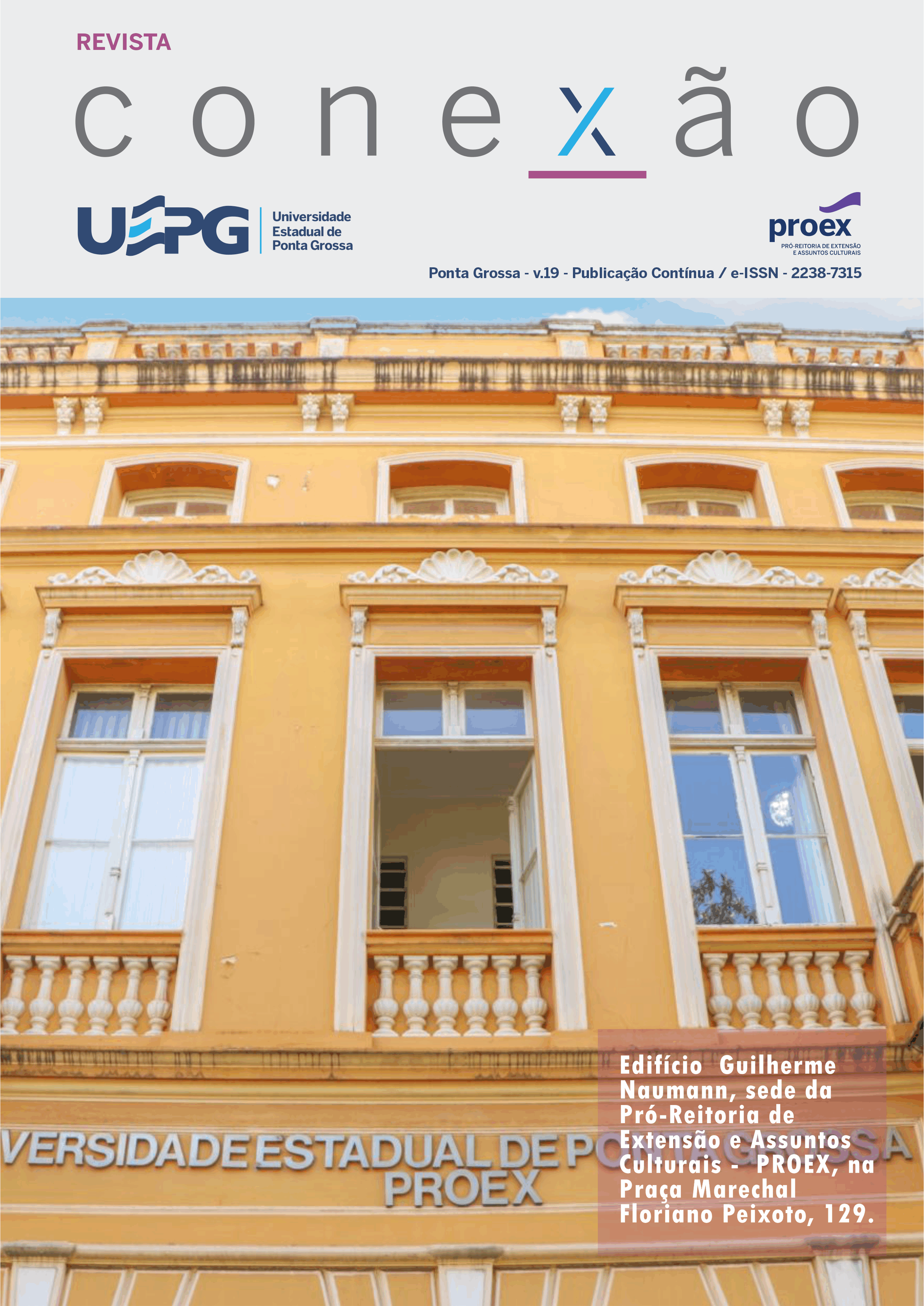POLÍTICAS SOCIAIS DE INCLUSÃO E CIDADANIA DIGITAL: O PROGRAMA DE EXTENSÃO UNIVERSIDADE ABERTA PARA A TERCEIRA IDADE
DOI:
https://doi.org/10.5212/Rev.Conexao.v.19.22018.021Abstrakt
O presente artigo estabelece a relação entre cidadania virtual, ou “cibercidadania”, sociedade tecnológica de informação e políticas sociais de inclusão digital para pessoas idosas. Utilizou-se de pesquisa documental, bibliográfica e a base de dados do Centro Regional de Estudos para o Desenvolvimento da Sociedade da Informação (CETIC) para a sua construção. As considerações e reflexões são baseadas no programa de extensão Universidade Aberta da Terceira Idade (UATI) desenvolvido pela Universidade Estadual de Ponta Grossa/PR (UEPG). O objetivo é destacar a importância de políticas sociais que promovam a inclusão digital de pessoas idosas na sociedade da informação, a partir de projetos como o da UATI. Conclui-se pela crescente necessidade de promover a inclusão digital de pessoas idosas, sendo o desenvolvimento de políticas sociais peça chave na garantia de efetivação do direito de acesso à tecnologia.
Stažení
Stahování
Publikováno
Číslo
Sekce
Licence

Tato práce je licencována pod Mezinárodní licencí Creative Commons Attribution 4.0 .
a) Os autores mantêm os direitos autorais e concedem à revista o direito de primeira publicação, com o trabalho simultaneamente licenciado sob a Creative Commons Attribution License que permite o compartilhamento do trabalho com reconhecimento da sua autoria e publicação inicial nesta revista.
b) Ao submeter um artigo à Revista Conexão UEPG e tê-lo aprovado os autores concordam em ceder, sem remuneração, os seguintes direitos à Revista: os direitos de primeira publicação e a permissão para que a Revista redistribua esse artigo e seus metadados aos serviços de indexação e referência que seus editores julguem apropriados.
c) Os leitores são livres para transferir, imprimir e utilizar os artigos publicados na Revista, desde que haja sempre menção explícita ao(s) autor (es) e à Revista Conexão UEPG e que não haja qualquer alteração no trabalho original. Qualquer outro uso dos textos precisa ser aprovado pelo(s) autor (es) e pela Revista.

Este obra está licenciado com uma Licença Creative Commons Atribuição 4.0 Internacional.





